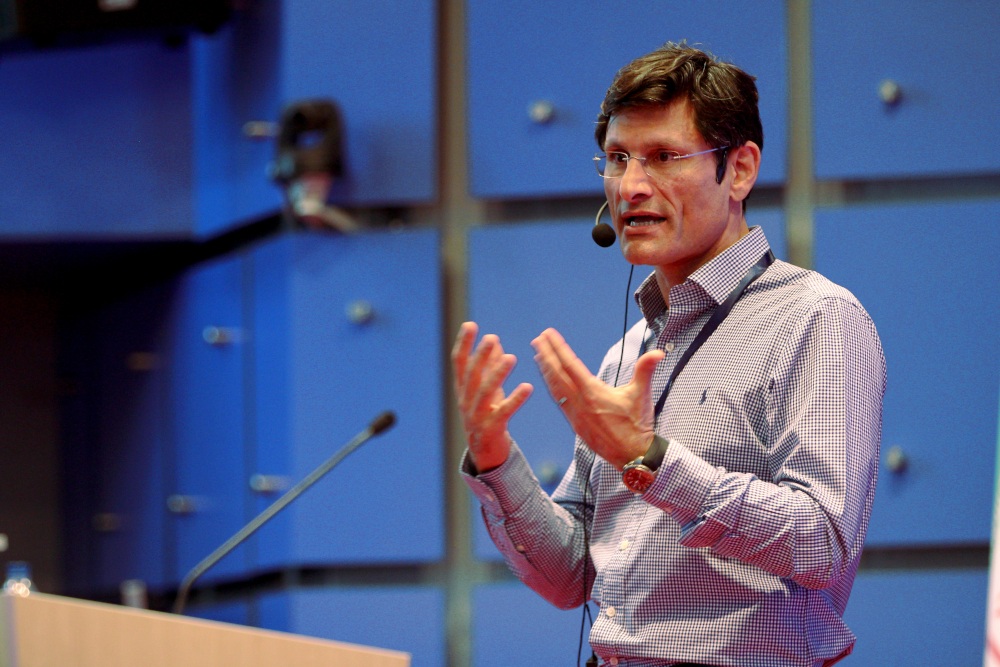
Engagement drives performance
There is a direct relationship between application of strengths-based coaching, engagement of individuals and their performance at the work place. Teams that have strengths-based conversations are six times more likely to be engaged. Higher engagement in team members drives team performance.
In any relationship when the parties are highly engaged:
1. They have more energy
2. They are more productive
3. They work more efficiently and are more alert
4. They are consequently safer
Where members of a team are enthusiastic and involved in their work, the consequence is that their job becomes easier and more rewarding. Team leaders are responsible for creating that environment at the workplace. It is evident that team leaders who are themselves engaged, also have higher engaged team members.
Engagement is all about lifting the team’s focus and spirit by addressing each person’s needs at work. It is important to understand what motivates each person to create impactful change for themselves, their team and organisation. In other words, ensure that each team member has the opportunity to play to their strengths most of the day at work.

Satisfaction versus Engagement
It is important at this stage to clarify that there is a difference between satisfaction and engagement. These are often confused when team leaders and organisations focus on improving team productivity and performance. Satisfaction reflects the connection between employees and the organisation overall, but “connection to” (the organisation) does not mean “investment in” (the organisation). When people are satisfied, they may or may not be productive. They may put their time but not necessarily their energy into work. They take a “wait and see attitude” towards their job.
However, engagement is something quite different. When people are engaged, they are involved in, enthusiastic about and committed to their work. They work with passion and perform at consistently high levels and drive innovation and move their organisation forward.
The role of the Manager
The research and data suggest that it is possible and worth the investment to introduce engagement programs. This is because it increases results for almost every key performance indicator that organisations value. Engaged employees produce consistent valuable results.
The underlying message in the research is that, the managers play a significant role in the level of engagement and performance at work. The data shows that at least 70% of the engagement is related to the manager. Therefore, their education and development are of prime importance.
Talented managers spend more quality time with their team members. Their mindset demonstrates they care about the team members’ development and wellbeing. They coach them towards their success, and see them as capable individuals, supporting them to unleash their power and creative abilities.


Strengths-based coaching
There is a proven successful three step coaching framework in our programs at ICE, to increase team leader effectiveness. The coaching education can develop managers to think differently and utilise the coaching skills to increase accountability and results within the team. We focus on five specific coaching conversations that managers can bring to their work place using their own styles. These coaching conversations are frequent and intentional driving the development and performance of the team members.
One of the outcomes of the program is that the managers will become engagement champions inside the organisation driving the progress within each team and beyond. An engagement champion is a change agent for the organisation and they help create an engaging culture. As the teams become more effective, this releases more time for the managers to create the engagement culture. This leads to more consistent performance and organic growth in organisations.
The data worldwide suggests that some 85% of employees are not engaged and this creates a huge opportunity. Organisations can invest in the team leaders to reverse this trend and hence have a massive impact on the bottom line of the business.
Taymour Miri
Taymour is the co-founder and MD for MTMI Limited since spring 2015 developing senior executives to enhance leadership strengths and increase effectiveness and to develop strong teams. He is an ICF Master Certified Coach (MCC), an Advanced Certified Team Coach (ACTC) and a Gallup certified strengths coach with experience of working with over 6000 hours with managers and senior leaders in organizations in Europe, USA and Middle East to enhance their performance at work. Since 2013, he has established an ICF accredited coaching education platform and currently provides the highest ICF level of coaching education to support individuals reach MCC in two languages. Taymour is a member of ICF.

